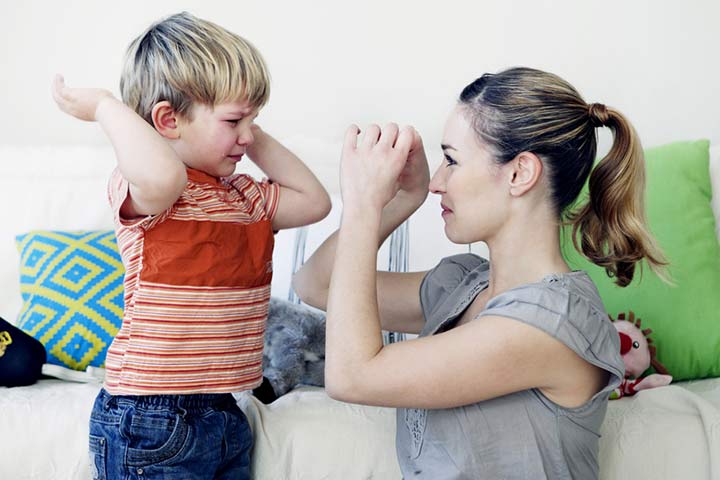
Image: Shutterstock
Most of us love kids. Their innocence and curiosity make them adorable. They get excited for the tiniest things, and we need that kind of enthusiasm in our lives. Children are generally more sweet, cheerful, and kind than adults, and perhaps, that’s why we love them. However, when children cry and refuse to obey, we say they are stubborn or criticize them for throwing tantrums. How often have we complained about a child crying in an airplane or a supermarket? Have you ever wondered why they do that? Probably not. Because they are kids, we do not take them seriously. We brush off their behavior by calling them stubborn and ill-mannered. We do not pause and listen to why they behave the way they do.
But children are human beings too. They feel emotions just like adults do, maybe even more because they don’t know how to deal with them. Children feel anger, jealousy, resentment, and sadness too. But as adults, we tend to dismiss them and fail to show them empathy. Why do we do that? When kids are cute and cheerful, we love to play with them, and when they get cranky, we shun them. So the question is, do we need to be more tolerant towards children’s mood swings?
We are familiar with the saying, “spare the rod, spoil the child,” and while that is a brutal parenting style, it is still common in many parts of the world. Parents often forget that children have feelings of their own, and disregarding them will worsen their situation. Some parents complain about their children to their relatives and teachers, which probably makes kids feel that they need to be fixed or that something might be wrong with them. Instead, if parents took some time to listen to the child, perhaps they would understand what is prompting the kid to behave a certain way.
The scary thing about disregarding a child’s feelings and emotions is not only that they are not addressed, but that it may negatively impact your child. Just like an adult may feel snubbed and upset, a child may feel the same too. Therefore, we must consider our children’s feelings.
Do We Need To Treat Children Like Adults?
Image: Shutterstock
Just like adults, children sometimes feel low too. How many times have you felt down and wondered why you feel that way? How many times have you tried to figure it out but failed and let it pass as “just one of those days”? As an adult, if you find it hard to navigate through your feelings, imagine how hard it would be for a child?
We might not realize this, but we are impatient when it comes to kids and their feelings. We do not take them seriously. We expect them to be always cheerful and put up with everything that is thrown at them. We assume that they do not have troubles and struggles of their own, and we forget that they can have fluctuations in their temperaments.
Knowing what we know as adults, shouldn’t we be more considerate towards their moods? Shouldn’t we listen to their side of the story and understand what is going on in their minds? Sure, disciplining your child is essential. But you can do that while making them feel heard. They are more likely to listen to you if they feel understood.
Children are the future of our society. It’s time we treat them better and make them feel like they are not alone. It’s tough being a little kid in a world full of adults. So, reassuring them that we are with them to listen and understand will probably help them navigate life much better. Children might not be adept at expressing themselves properly, but as adults, we can do better to hear them out and make them feel understood. Do you agree? Comment below and let us know.













